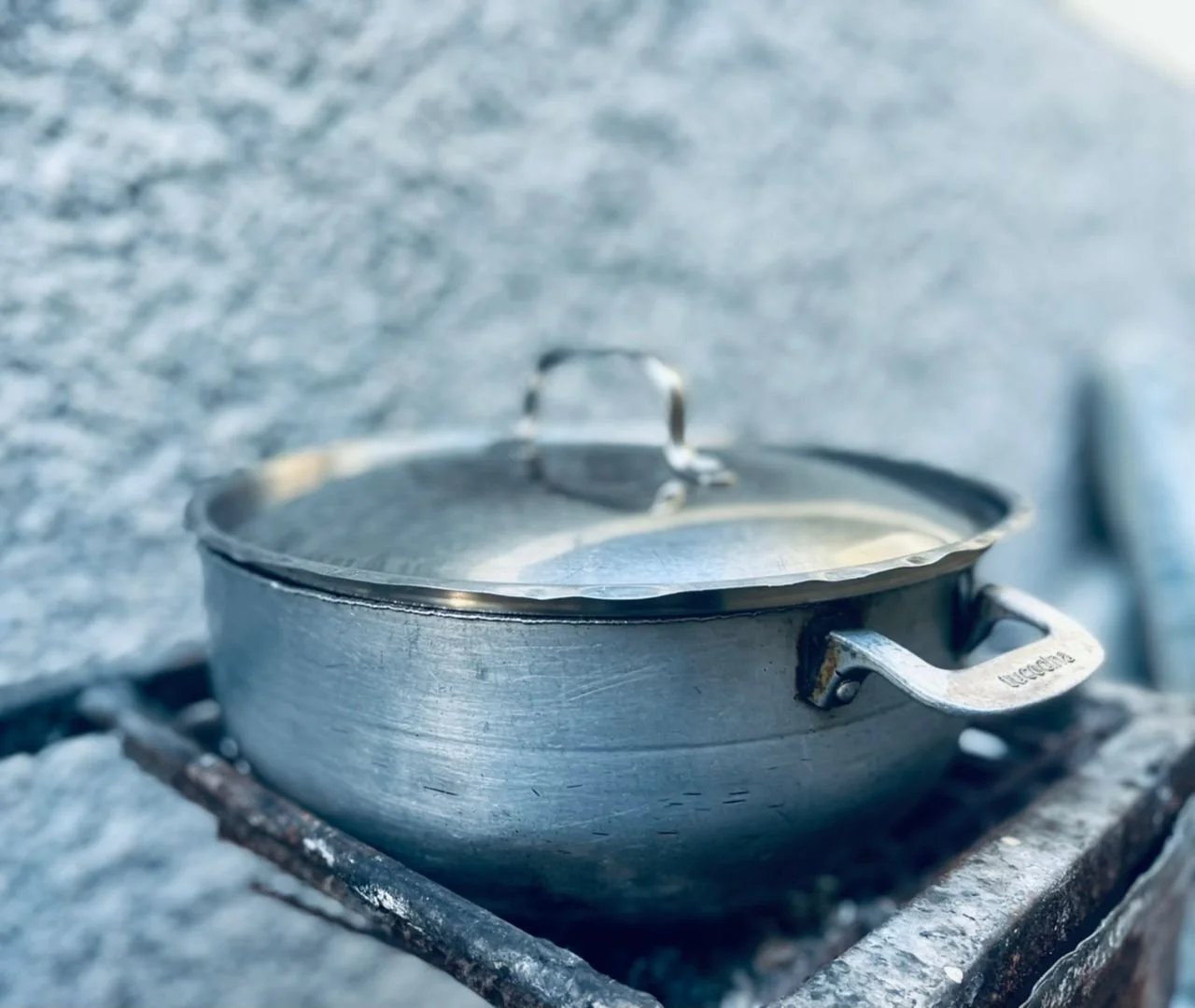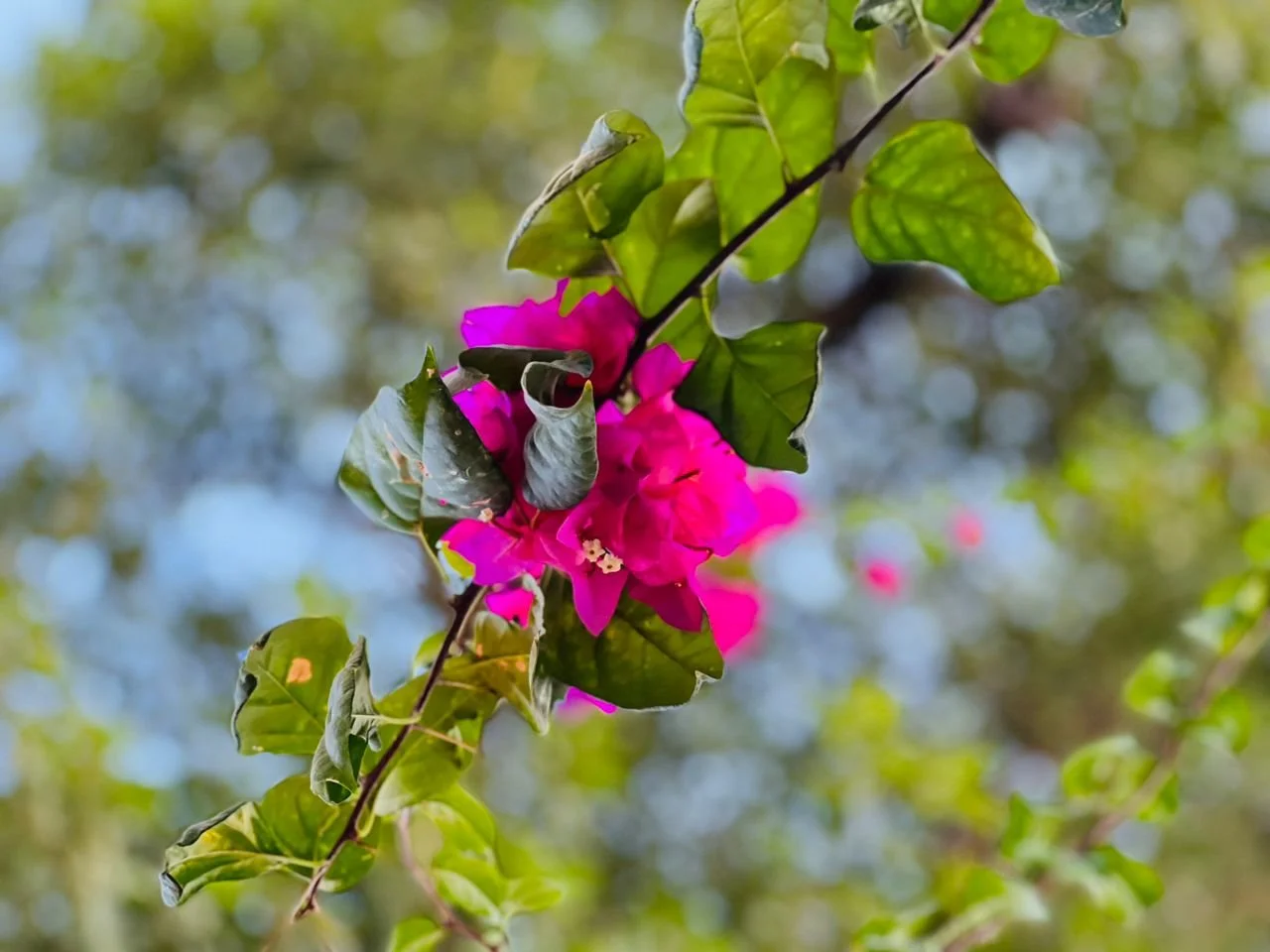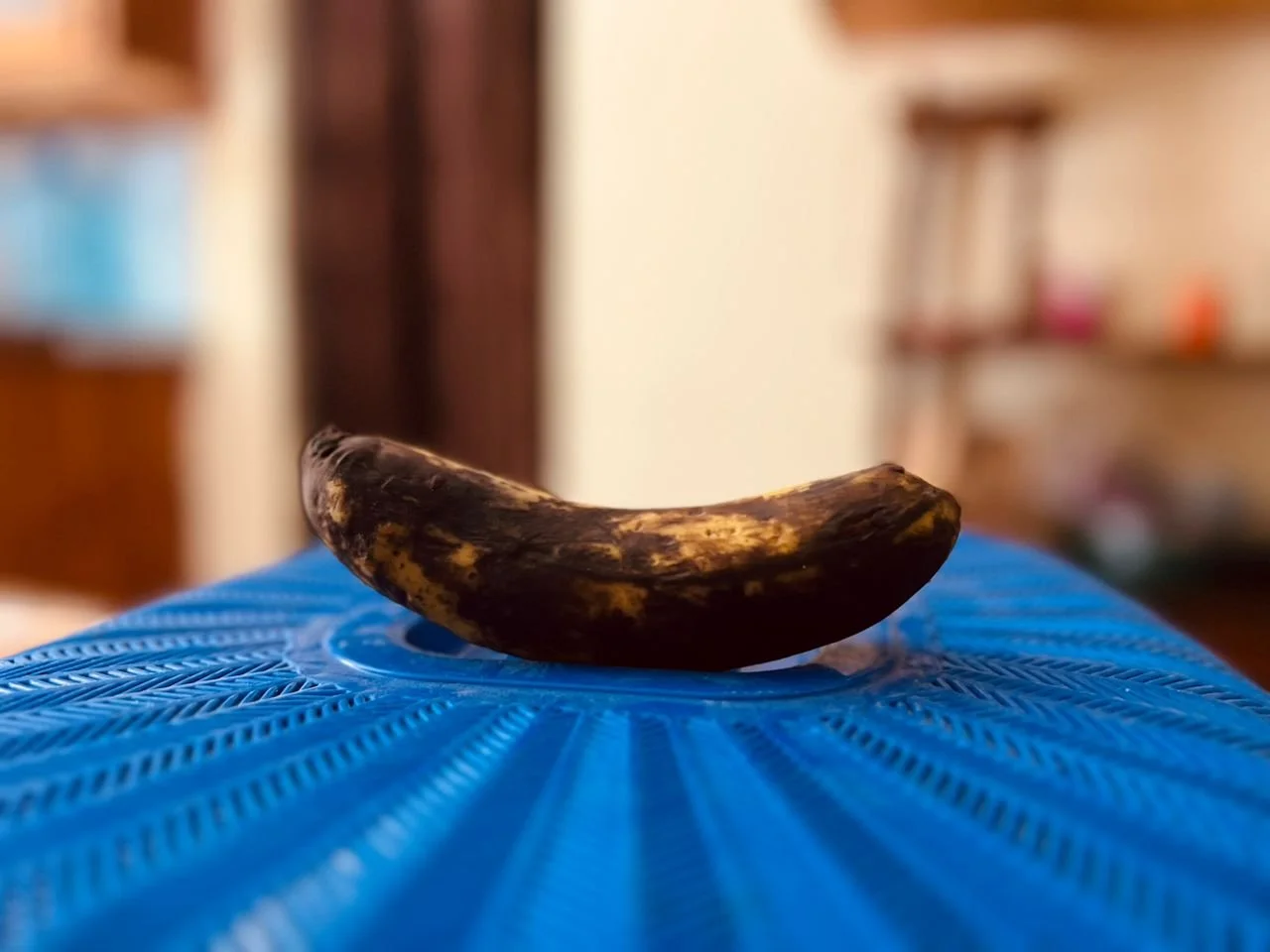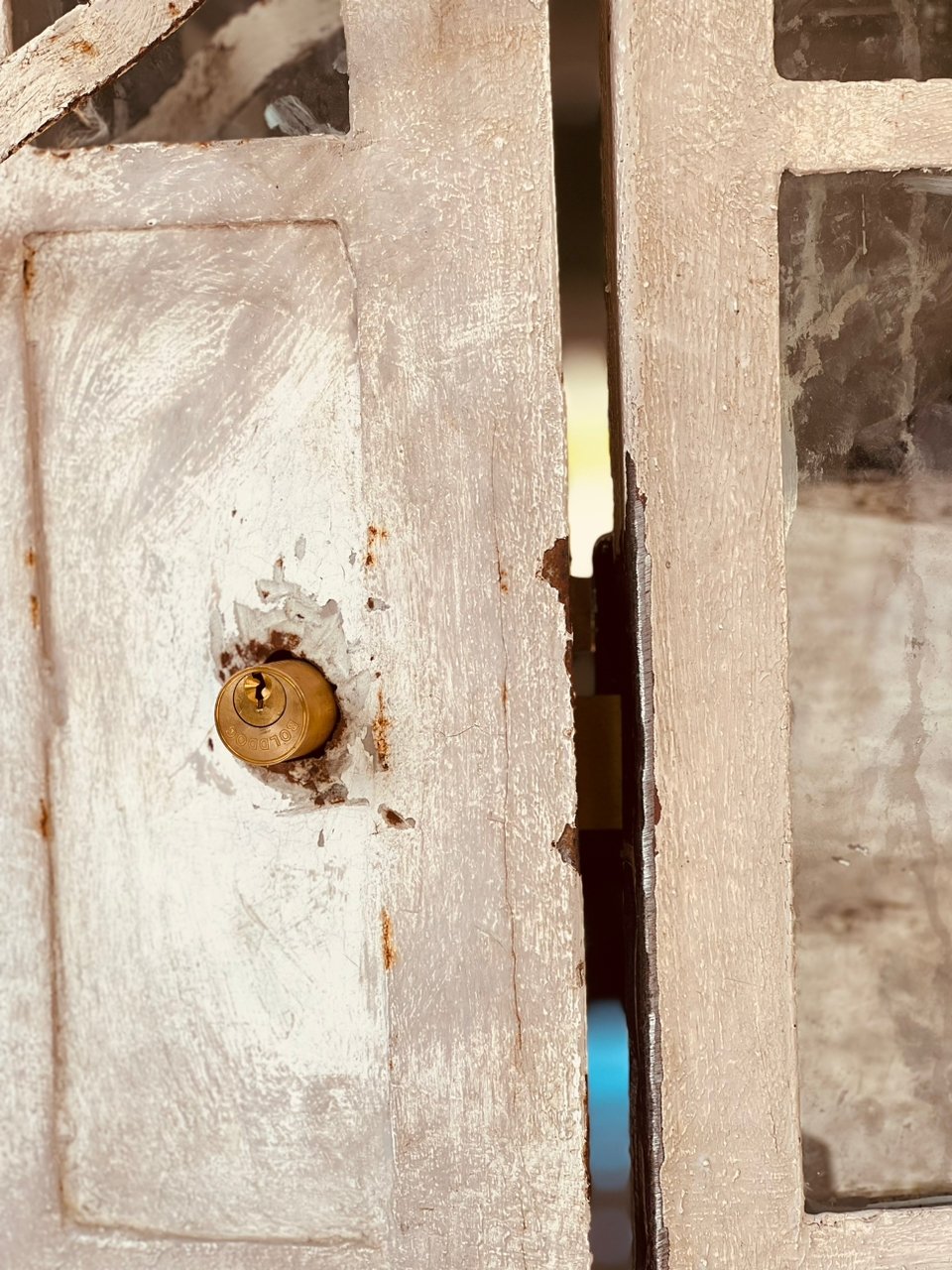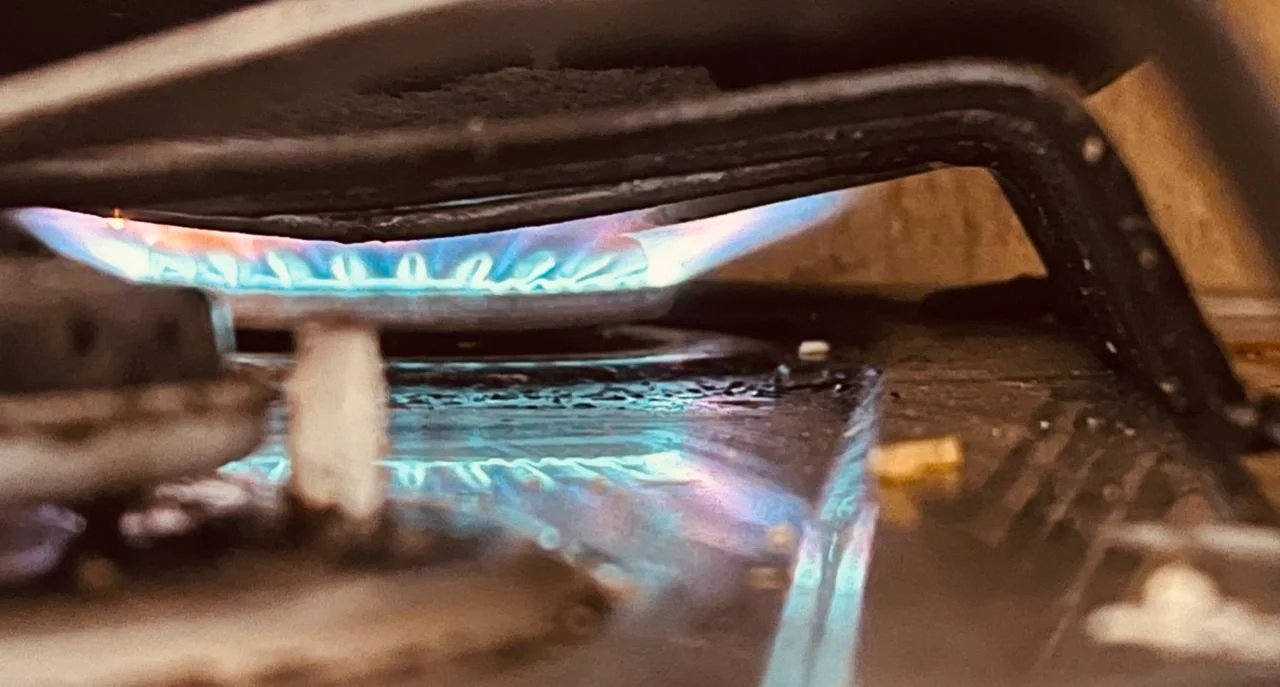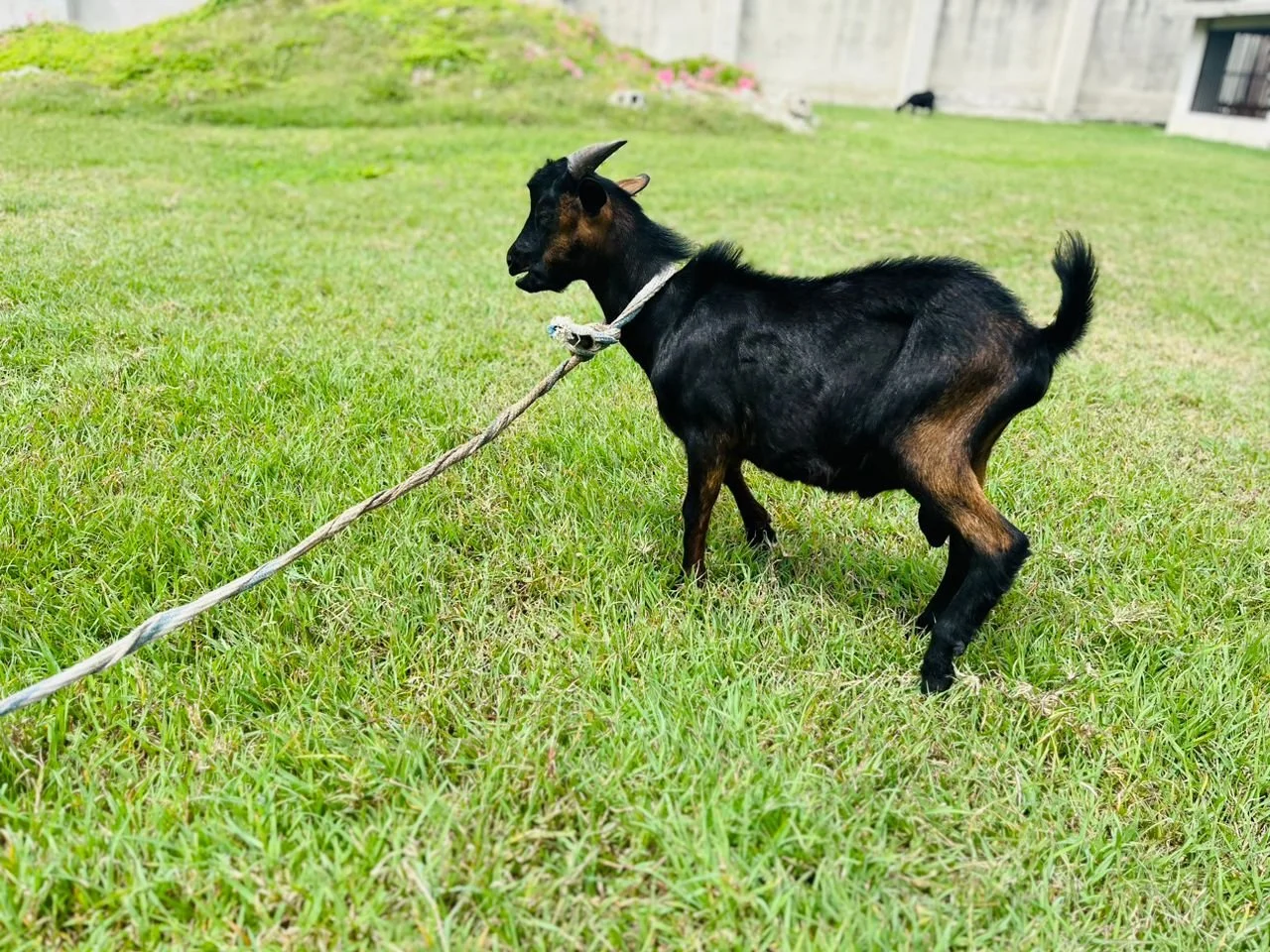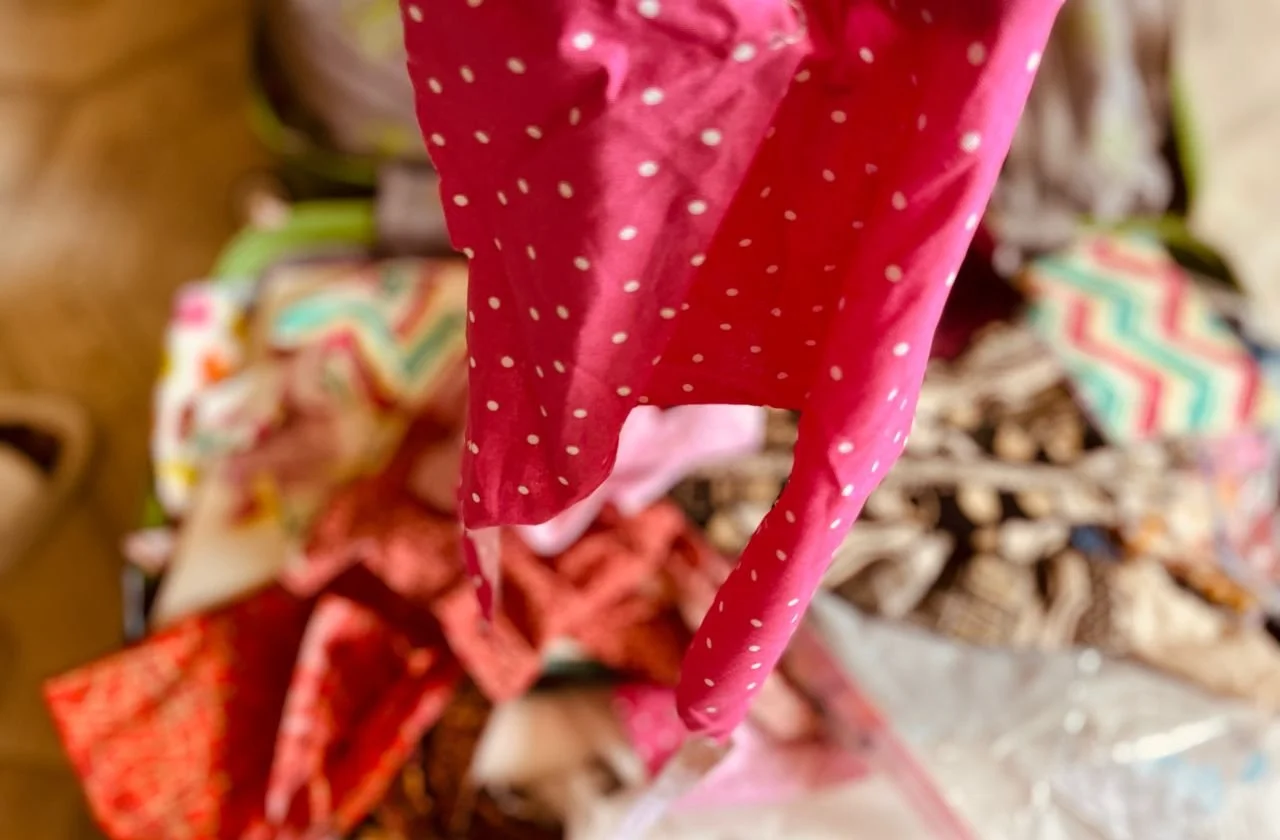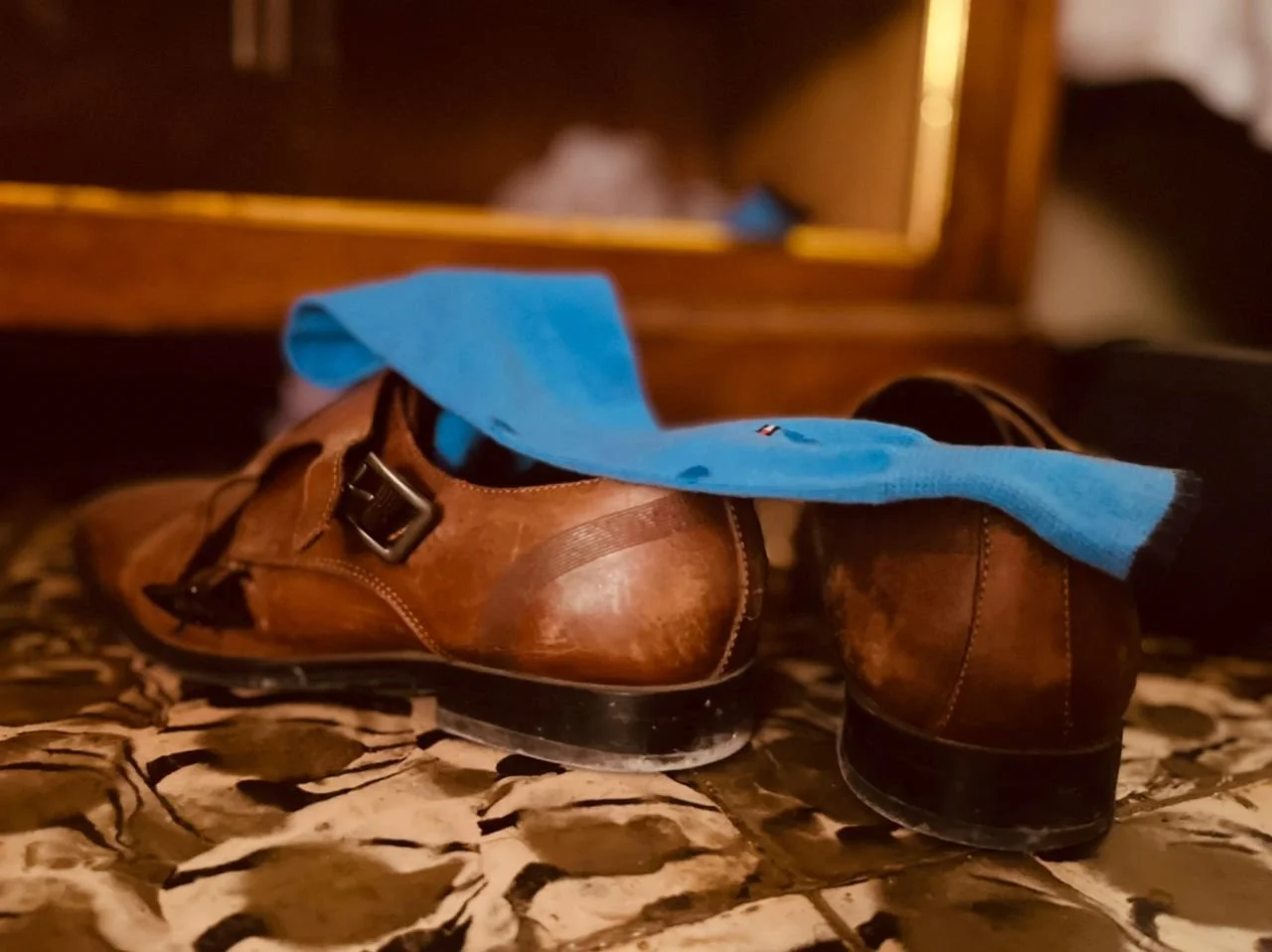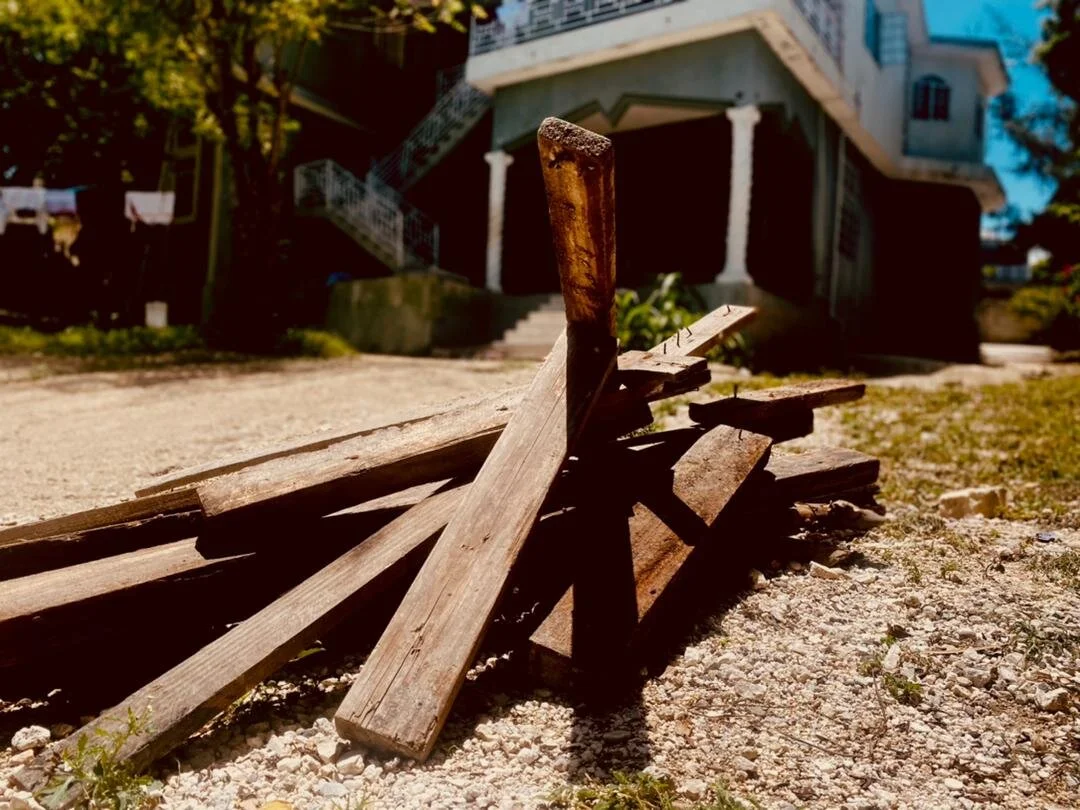Literal translation for this proverb is “The roof of a leaking house can deceive the sun but not the rain.”
The roofs of Haitian houses are generally made out of metal sheets and concrete. But in rural areas, we find thatched roof houses, too. It’s a question of choice for those who have the means and are in search of commodity and security and for others that do not have the means to choose, they just take what they find.
When you look at the roof of a house, being inside, you might not be able to see any holes. Even if you do see holes, they do not give any problem under the sun. But when it’s raining, it’s another thing entirely. Water will filter through any hole, even tiny ones, to wet the ceiling, the wall, and anything in the house.
Haitian people say this proverb when a problem is revealed by time or an expert. They also say that when somebody/something was difficult to discover but shows all its imperfection once in action or in the middle of a test. It’s a warning for people who like/want to fool others with their false manner/competence/attitude. Because once someone who really knows about the subject will come, or in time, they will be discovered.

